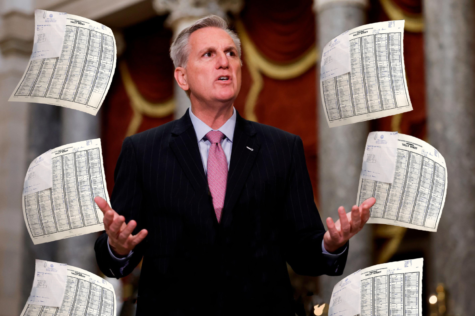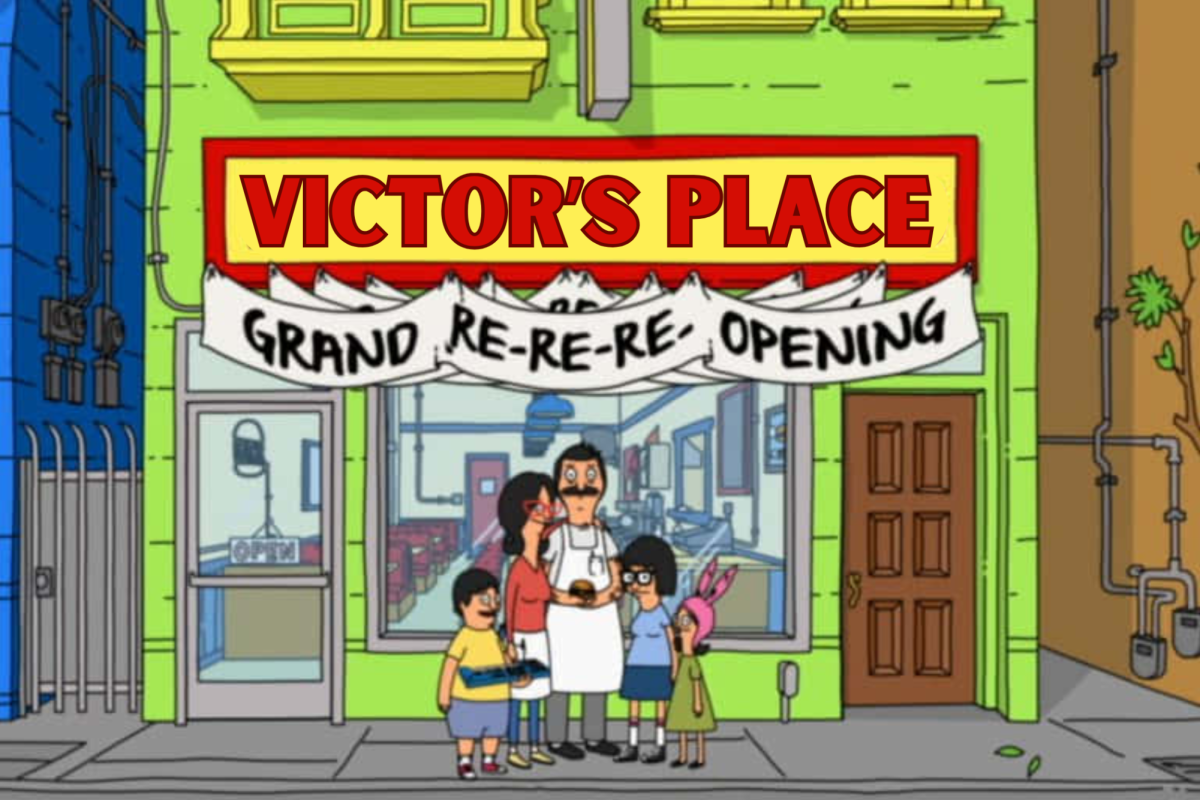Speaker Election Highlights Fractures in GOP
January 27, 2023

Only 15 times since 1789 has this happened before.
Only 15 times in US history has the US House of Representatives not elected a Speaker on the first ballot.
The Speaker of the House is in charge of overseeing the process of the House as the majority leader.
Whenever the majority shifts and a new party gains control of the House, a new speaker is elected.
Why is this year different?
Californian Republican Kevin McCarthy assumed office after 15 ballots on January 7th.
About 20 Republicans were blocking the vote, and 18 of the 20 were part of the Freedom Caucus – “the most Conservative branch of the Republican party,” says the New York Times.
They argued that Speaker McCarthy would do nothing to change the corruption in Washington, and so they refused to budge.
For 5 days, McCarthy sat at 203 votes, unable to get to the 213 that he needed.
The House hasn’t needed multiple ballots since 1923.
Will this impact House voting and bill passage?
This is likely a precursor to the struggles the House will face in the future when it comes to reaching a consensus.
Not only are many Republicans now disagreeing with one another, but the Democrats – who hold the presidency – will face even more opposition to any bills they may wish to pass.
How did McCarthy win the votes?
Finally, on January 7, McCarthy secured the votes he needed by agreeing to a number of demands from the Republicans who were holding out.
McCarthy agreed to cap spending levels, reinstate the Holman rule (which allows for government officials’ salaries to be dropped), keep the Congressional Leadership Fund, and lower the number of GOP members required to remove the Speaker, all of which McCarthy revealed in a conference call, according to CNN.
So, what does that mean for the next two years?
These next couple of years will certainly put a strain on the efficiency of the House of Representatives.
It’s likely that a variety of bills will take longer than normal to pass.
“It could [also] be left unable to do basic things like fund the government or finance federal debt,” said the New York Times.
McCarthy, however, remains confident that the House will come together.
“[The situation] helped us build trust with one another, and we know how to work together now,” he told reporters.
He also added that he is “1000 percent sure” that he will hold the role of Speaker for the next two years.
Has anything like this happened before?
This was commonplace in the 19th century, when an election would require multiple ballots every 5-10 years.
This cycle ended in 1860 with the election of William Pennington.
The US wouldn’t see another House election with multiple ballots until 1923, due to the dominance of the Republican Party after the Civil War ended in 1865.
Since 1923, every speaker has been elected with just one ballot.
That’s 54 House elections that have occurred without incident since then.
For the first time in 100 years, the election for the Speaker of the House required multiple ballots.
Will the GOP come together or fracture further?
It’s not a promising sign for the future.
If Republicans want to win the presidential election in 2024, they’ll need to come together, and so far, the indecisive House election isn’t a step in the right direction.
At this point, it’s up to them to work together.
McCarthy told reporters to watch “how [they] finish, not how [they] start.”
Americans will simply have to watch and wait for now.

































































